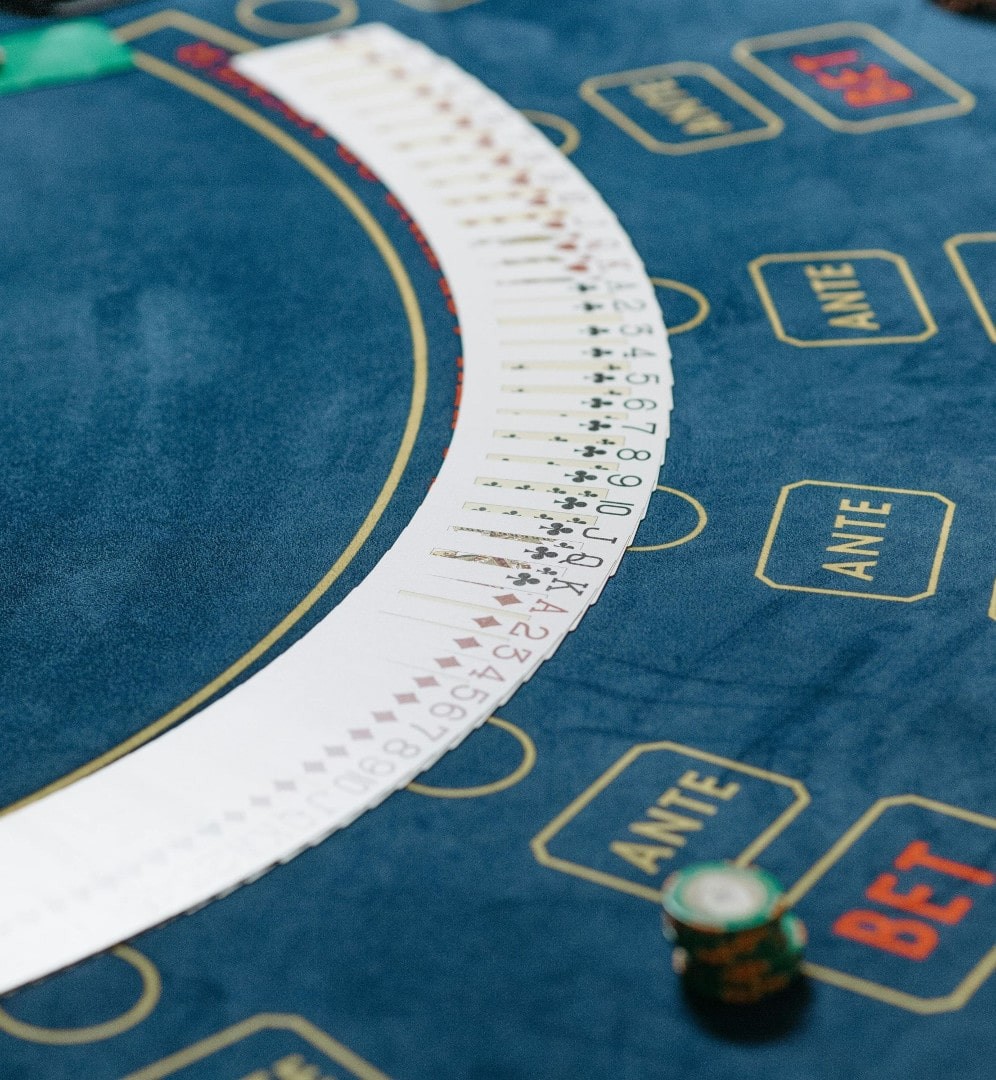
Interview: Tuomas Kallio on Finland’s Gambling Market Shake-Up
Finland is ditching its state gambling monopoly. Veikkaus, the country’s sole legal gambling operator, will soon share the stage with private companies. To understand what this really means, we spoke with Tuomas Kallio, a Finnish gambling analyst and editor about whom you can read more at tuomaskallio.com. Kallio has tracked the gambling scene for years, and his take on the coming shift is clear: it’s overdue, complex, and filled with opportunity.
Why Finland Is Changing Course
Q: Tuomas, what’s driving this reform?
Tuomas: Too much money is leaking out of the system. Finns are gambling offshore, on sites outside Veikkaus’ reach. The state loses oversight and tax revenue. That’s no longer sustainable.
Stat: Offshore gambling accounted for nearly half of Finland’s online gambling spend by 2022 (Peluuri.fi). And that number keeps rising.
Example: When COVID shut down land-based casinos, online play soared. The government saw how fast money flowed offshore. That helped accelerate reform talks.
The New Licensing System
Q: What will the new market look like?
Tuomas: The plan is for legislation to pass by summer 2025. License applications open in early 2026. Launch is set for 2027. Operators will need a five-year license, and online casino, slots, and sports betting will be open to competition. Veikkaus will keep lotteries and retail shops.
Stat: Licensed operators will pay a 22% tax on gross gaming revenue and annual fees that scale with revenue, from €4,000 to €400,000 (AdvertisingFinland.com).
Example: Veikkaus just revamped its sportsbook with OpenBet, clearly bracing for competition. They’re not waiting for 2027.
Player Protection Measures
Q: Will player safety suffer in a competitive model?
Tuomas: Actually, it could improve. The new law will require operators to track player behavior and intervene when needed. Bonuses can’t be used as lures for new players, and affiliate marketing is banned. Only registered operators can advertise—and even that’s tightly limited.
Stat: Finland’s gambling losses per adult are among the highest in Europe, at over €500 annually. That adds pressure to get protections right.
Example: A platform using smart analytics to pause sessions when risk flags go up will be better positioned than one waiting for players to self-exclude.
Tight Marketing Rules
Q: What will marketing look like under the new system?
Tuomas: Controlled but allowed. You can use TV, digital, print, and sponsorships—but no school-zone ads, no influencers, no flashy affiliate sites. Operators will need to market responsibly or face suspension.
Stat: Research shows players in regulated markets are more likely to trust licensed operators and stay loyal to them ([Gartner, 2024]).
Example: A sportsbook can sponsor a Finnish hockey team, but can’t push slots via social media personalities. The line is clear.
Who’s Interested in Entering?
Q: Will foreign brands join the Finnish market?
Tuomas: Definitely. Nordic and EU operators already serve Finnish players offshore. Now they can go legit. Finland has strong infrastructure and high-value players—attractive for anyone already in Sweden or Denmark.
Stat: Offshore gambling by Finns hit €393 million in 2022, up from €233 million in 2016. That’s a big slice of unlicensed activity.
Example: A mid-size Swedish casino brand with Finnish customer support can flip the switch quickly when licenses open. That early prep will pay off.
What About Veikkaus and Paf?
Q: How will local incumbents adapt?
Tuomas: Veikkaus is investing in tech and omnichannel services. They know competition is coming. Paf already operates internationally and runs on a low-harm model. They’ll likely push hard in the regulated space.
Stat: Paf earned €177 million in revenue and €55 million profit in 2023, most of it from outside Finland. They have reach and flexibility.
Example: Veikkaus could use its 4,000+ retail outlets to link physical and digital offers. Paf may grow fast online since they already meet strict harm-reduction goals.
Pitfalls and Risks
Q: Any risks in this transition?
Tuomas: A few. If advertising gets out of hand, it can fuel problem gambling. Also, the law still treats fantasy sports and skill games as gambling. That blocks a whole sub-market.
Stat: Finland’s Supreme Court recently ruled fantasy sports as part of the monopoly—no room for innovation there yet.
Example: An operator launching DFS (daily fantasy sports) could get shut down—even if it mimics models already legal elsewhere. That’s a cautionary tale for newcomers.
Final Advice
Q: What should operators do right now?
Tuomas: Start preparing. Learn Finnish user behavior. Build KYC, RG, and support systems that meet high standards. Local compliance isn’t a checkbox—it’s an edge.
Stat: Companies that invest early in AI compliance reduce launch-time risks by up to 30% ([Gartner, 2024]).
Example: A casino that offers seamless language support, Finnish payment methods, and proactive harm controls won’t just comply—it’ll build loyalty fast.
Wrap-up
Finland is opening its gambling market after decades of monopoly. Regulation is coming with tight rules, smart tech, and big expectations. Offshore giants, Nordic brands, and local players like Veikkaus and Paf all have a shot—but only if they prepare now. As Tuomas Kallio puts it: this is not just market reform. It’s a new game entirely.
Related Article Archives
Related Articles
The Top 5 Slot Games Players Keep Coming Back to in 2026
Posted Feb 20th, 2026
How Canadian Fans Are Pairing Game Night With Digital Casino Entertainment
Posted Feb 25th, 2026
No-Wagering Casino Bonuses in Canada: A Clearer Look at Simpler Bonus Terms
Posted Feb 25th, 2026
Understanding the Rise of Online Casino Bonuses in Michigan
Posted Feb 26th, 2026
New Strategies Changing How Poker Is Played
Posted Feb 27th, 2026
Disclosure: This article contains sponsored content.






